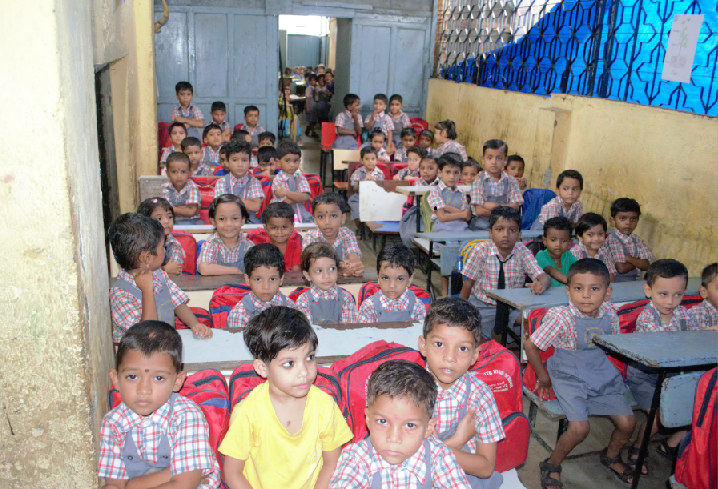Program to Improve Private Early Education (PIPE)
The Indian Affordable Private School Landscape
Affordable private schools (APSs) are a fast growing segment of schools serving up to 50 percent of children in India.

APSs, schools charging all-inclusive fees up to USD 356 per annum per child and typically providing education up to grade 10, have mushroomed in urban India (and increasingly in rural India as well) to address parents’ demand for “English-medium” private education. The APS market in India is highly fragmented and has an estimated market size of around USD 5.2 billion. Estimates suggest that about 200,000-400,000 APSs serve 60-90 million children or approximately 30-50 percent of children nationally. The preference for private education is unlikely to change soon, and these numbers are likely to grow.
Since 2015, FSG has conducted extensive primary research to understand the Indian APS market.
Key insights from primary research with stakeholders in the APS market:
- FSG conducted interviews with approximately 4,400 low-income families to understand parents’ aspirations, challenges, and buying behavior related to early childhood education. We found that 5 out of 6 parents in urban India want to send their children to APSs. They believe that private schools provide a better ‘English-speaking environment’, which is important for their child’s success. Learn more about Parent perceptions and buying behavior related to early childhood education >
- FSG conducted detailed interviews with 40 APS administrators to understand their purchasing behavior. We found that APS owners are keen to adopt interventions that help differentiate their school from other private or government schools, such as extra classes in English. Most APS owners value parent perceptions and understand their motivations well. Learn more about APS administrators’ perceptions and purchasing behavior >
- FSG interviewed approximately 25 APS teachers to understand their mindsets, and the challenges they face while implementing activity-based learning (ABL) solutions. We found that teachers face mindset barriers (e.g., believe traditional curriculum is more effective than ABL curriculum) and implementation challenges (e.g., unable to address parent complaints regarding ABL, as parents tend to value rote teaching methods). Learn more about Mindset barriers and implementation challenges faced by APS teachers >
- Insights from the primary research have helped FSG identify ways to shift stakeholders’ beliefs and behaviors in order to encourage high quality schooling APSs. Learn more about FSG’s approach to shift stakeholder mindset in our report The Preschool Promise >
